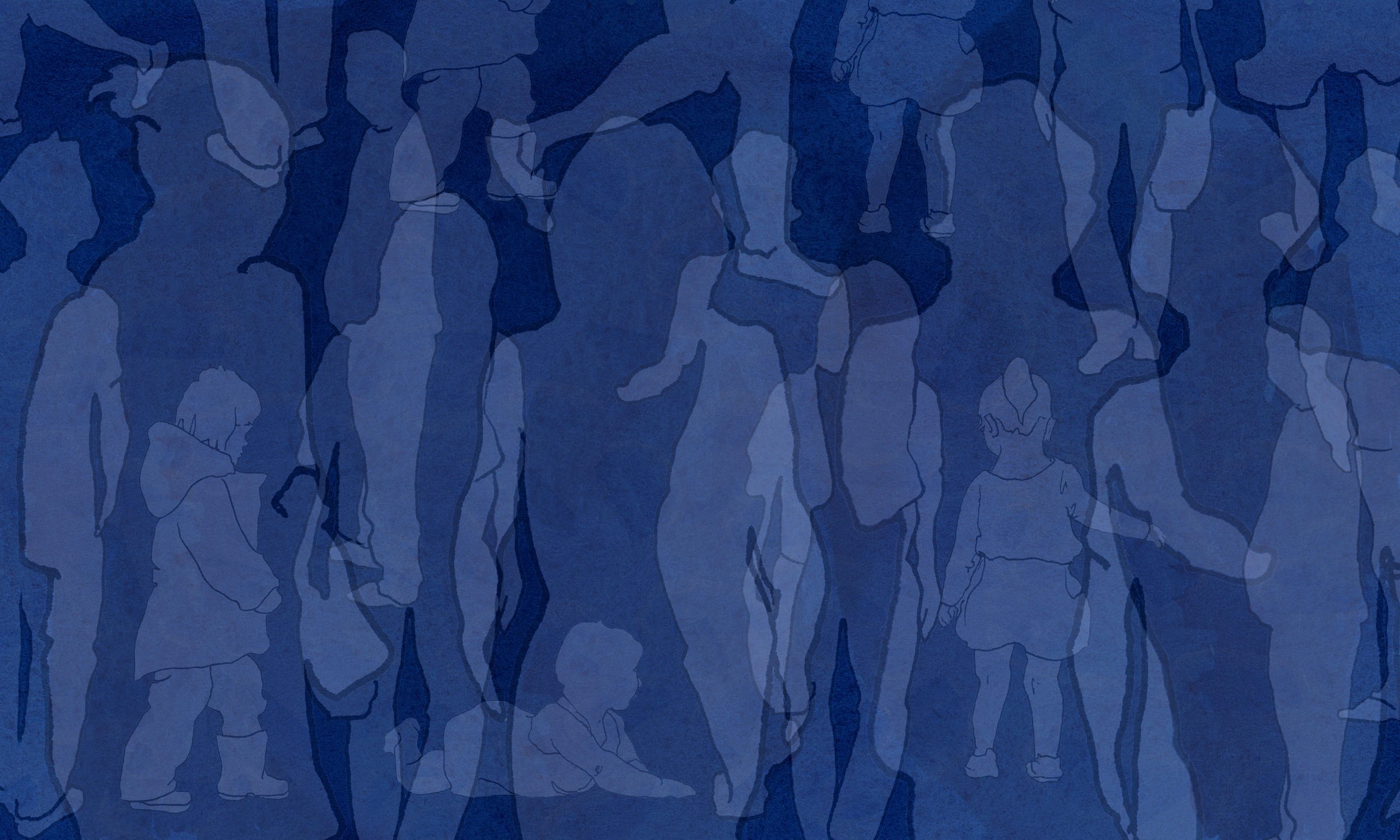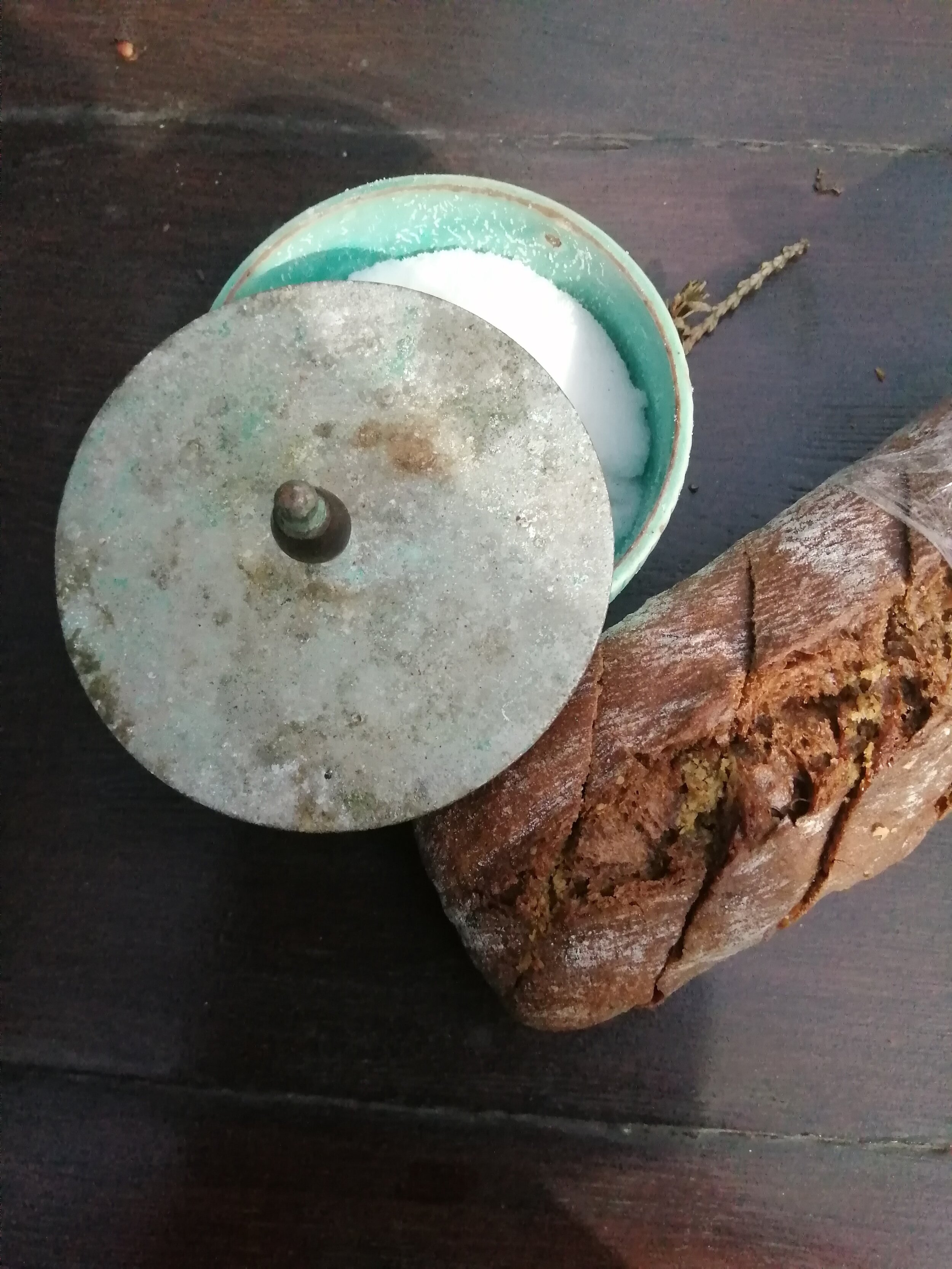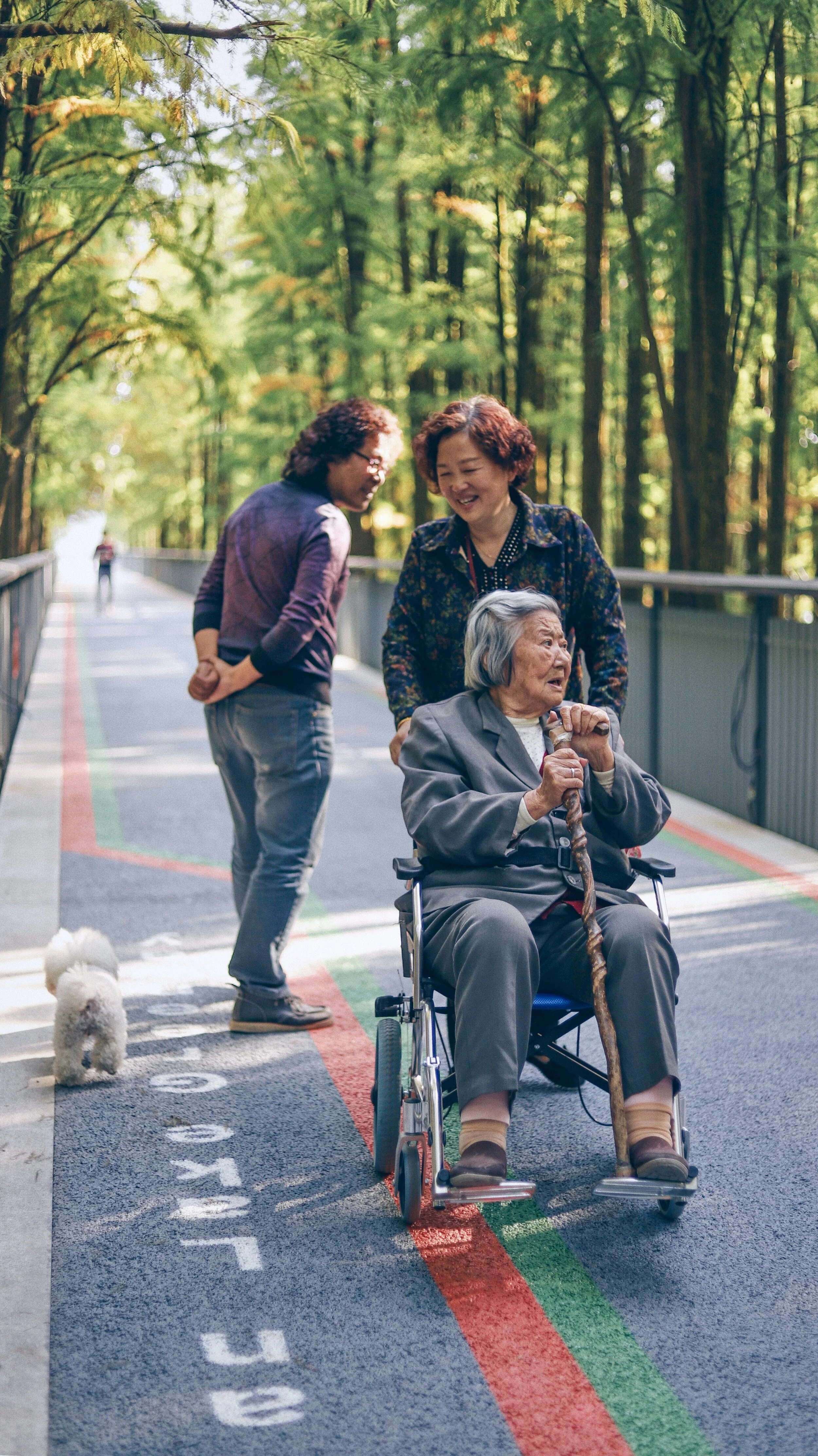Faith as an enhancer
Photo by Eduardo Casajús Gorostiaga on Unsplash
This story is part of an ongoing series of conversations with people around the country about the public good. Over the coming months we’ll be sharing snippets of our conversations and the voices and insights of people we’re talking with.
If you’d like to share your thoughts, details for getting in touch are at the end of the blog.
“Salt. It adds flavour. It doesn’t dominate, but it does enhance.”
This is what members of the Uniting Church Synod of Victoria and Tasmania say when I ask them about the role of faith groups in providing the public good. They explain that like the value of salt in cooking, faith communities can enhance and enrich our quality of life.
Once again, I had the privilege of listening to a group of people talk about the public good in their particular lives and context. We’d gathered virtually: ministers, people working as disability inclusion advocates, youth support workers, nature education providers as well as community and pastoral carers. There were a mix of ages, with some people talking about young children, others about their grandchildren. And unusually for this project, this call was made up of mostly men. Half the group were in Tasmania, living what seemed like a fairytale life to the other half stuck in covid lockdown in Victoria (this conversation was recorded in the middle of the strict Melbourne lockdown).
As I always do in conversations around the public good, I asked the group what had supported them through the last six months, and as always, the answers varied. This time I heard about Zoom calls that were initially new ways of broadcasting information but have since become fantastic lifelines of community connection. I heard about dog walking, local wetlands and the essential JobKeeper payments. I heard about chocolate, walks, bushland and the Yarra River. And I heard about the joy of reduced workload, more music, more campfires and more time with nature.
When asked what public goods they thought should be available to communities, I heard the usual list quickly reeled off: housing, education, employment and health services. I’ve come to think of these things as the ‘public good greatest hits’, they’re raised so often in conversation.
But after listing these fairly standard public goods, talk quickly turned to the idea that public good is particularly about how community works and the importance of the way that we connect and trust each other as a society; as well as the need for “better understanding of politics and ideas”.
As one participant reflected:
“The whole conversation about public good is about one of power: who has power, and how it’s exercised and how it’s distributed. So for me this really goes to the core of how a society that wants to aim for the public good balances, [and] actually leans towards those who are more vulnerable in a society. So how does the good public sector and a good public society hold those who are most vulnerable and who are at the receiving end of abuses of power? How [do] we best structure ourselves to enable optimal quality of life for everybody?”
From there, our conversation turned to public good as a shared sense of what we value, the underlying assumptions we share about what is important and how these enable universal access to a good life.
This was particularly important to the disability advocate on the call who noted:
“We need communities that have a spirit of generosity and care. This is complex to unpack and create but it’s about all people having what they need at a basic level. The ultimate aim is equality and equity, and that we have a capacity and willingness to recognise and attune to special needs.”
Photo by Georg Arthur Pflueger on Unsplash
This ability to ‘attune to special needs’ was something many in the group had been thinking more about in the context of covid. Lockdown and changes in how local faith communities were able to connect meant that people were asking questions about what to prioritise and why. While many pastoral carers were shutting down face-to-face meetings, some of the older members of the community pushed back — asking for greater face-to-face connection and basically saying, ‘hang the risk’. For those responsible for care it provided a challenge, as no one wanted to be responsible for passing covid to the congregation!
“Local leadership needs to recognise that keeping people safe is also about social and spiritual care and that sometimes, particularly in covid times, these things are in tension with each other,” said someone in the group with a key pastoral care role. And while this tension remains, it does provide an opening for an interesting reflection on just how important community connection is as a public good in and of itself. As I’m learning through so many of these conversations, we gather for the purpose of being with each other as much as we gather for prayer, or sport, or craft.
So there was broad agreement in the room about the physical public goods that need providing (housing, education, healthcare) and also about the importance of engagement and participation in community as its own form of public good. Of course I always ask the groups I’m listening to, ‘and who should be responsible for providing or leading on these public goods that we seek more of?’
The group had mixed opinions on this. Some people had given up on the role of government, with little expectation of government’s willingness or capacity to create solutions, and a focus instead on the need for communities themselves to lead the way.
Others on the call agreed on the need for community to lead, but were more positive about our existing democratic infrastructure. They thought the basics of Australian democracy were good, but that the Murdoch media needed to get out of the way.
Of course, on this call I was particularly interested in the role of the church in providing the public good. There was so much potential here for a bigger conversation and I’d love to be able to bring the group back together to delve more deeply into the role that the Uniting Church, and indeed other faith groups, have in creating the public good. But even just skimming the surface of this conversation was yielded worthwhile insights.
It was clear that the group felt the church had a significantly different place in society compared to fifty years ago (a sentiment echoed in conversations I’ve had with other Christian faith groups) and has less power now that it once did to implement public good. However, there was a sense that while there was less practical capacity, the role of the church was still necessary and relevant: to tell stories and provide different institutional frameworks, with specific values, for providing the public good. Participants gave examples of how the church’s particular infrastructure and values-base enables different ways of connecting with the community, such as the recent Hobart-based, live-in, supported, suburban-style community for young people with disabilities. While faith-based organisations are also to some extent held hostage by market driven approaches to care, they are are often more able to explicitly explore locally-based and community-led services.
Although I’ll write about this in a seperate piece, I had a similar conversation with someone senior in policy in the Catholic Archdiocese of Sydney. She too talked about the importance of the local parish as being an important community unit for providing support — not just because of its administrative infrastructure, but because traditionally parish care has been about give and take. Parishioners can expect help, but they can also expect to be given the opportunity to themselves contribute, actively participate and reaffirm a deeper belonging.
The members of the Uniting Church on the call also saw the role of faith groups as holding onto stories that show who we are and who we could become from a particular values perspective. Vision and mission principles as stated on their website are, “Following Christ, walking together as First and Second Peoples, seeking community, compassion and justice for all creation.”
Photo by Dan Stevens on Unsplash
As I understood it from our conversation, the particular role faith groups like the Uniting Church in providing the public good includes their ability to help create meaning, connection and values-led community. In essence, to contribute to what we’ve called people’s capacities for participating in and maintaining the public good. They do this by gathering together around shared values, meaning, ritual and teaching; and also through having the capacity to experiment with new ways of providing for people’s tangible needs (such as homes, education, or care) that is driven by beliefs, values and relationships; rather than profit-motive or government’s official duty of care to provide certain services to everyone.
And as we ended the call, one final comment summed up much of what I’m hearing in conversations about the public good: “While government of all levels is important for facilitating action, it is the local communities themselves who need to choose their own salt.” For those on the call, the Uniting Church is a favourite flavour enhancer.
We’d love to hear about what is important to you and your community. Send us an email or comment below.
What should be provided to your community in terms of goods and services, laws and protections, or capacity to enable participation?
Who should provide these things and how?
DR MILLIE ROONEY
Millie is the National Coordinator for Australia reMADE. Millie has a qualitative research background and has spoken in-depth with hundreds of Australian's about their lives, communities and dreams. She has worked in and around universities for over a decade building student capacity and enthusiasm for tackling wicked problems. Millie is also a carer for her family and community and is passionate about acknowledging this work as a valid, valuable and legitimate use of her time.
Other blogs by millie: From trepidation to transformation: democracy, indi- style
Making space for utopia: the power of knowing and saying what you’re for
Listening in: using the election results to create a better Australia








